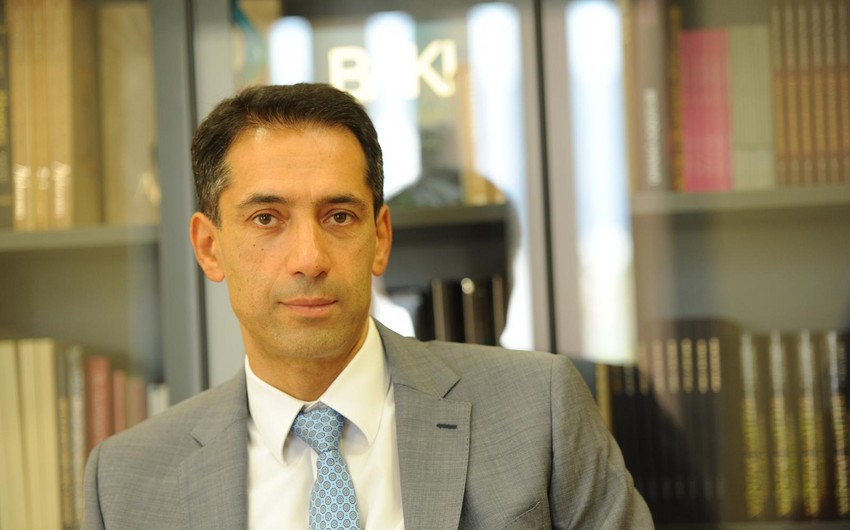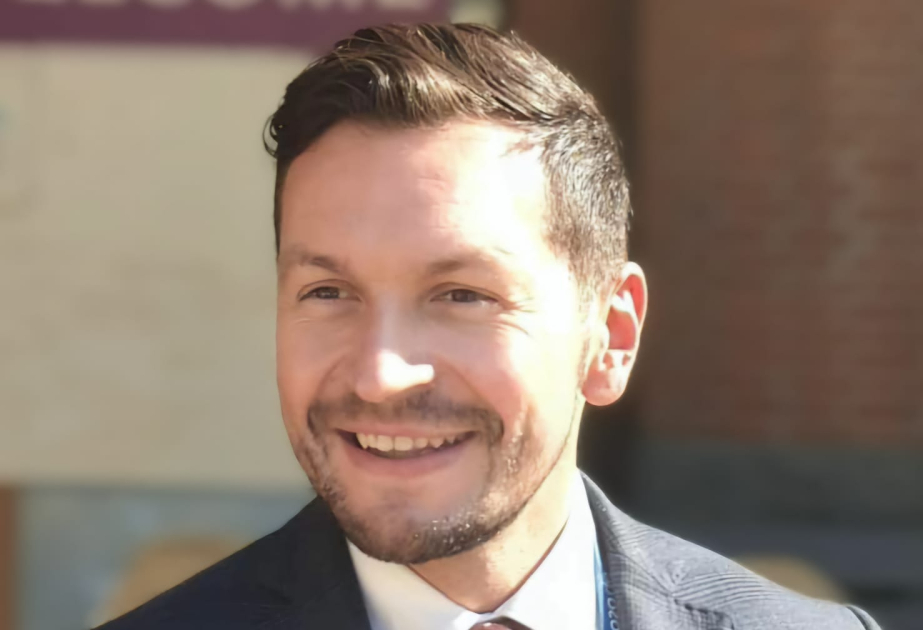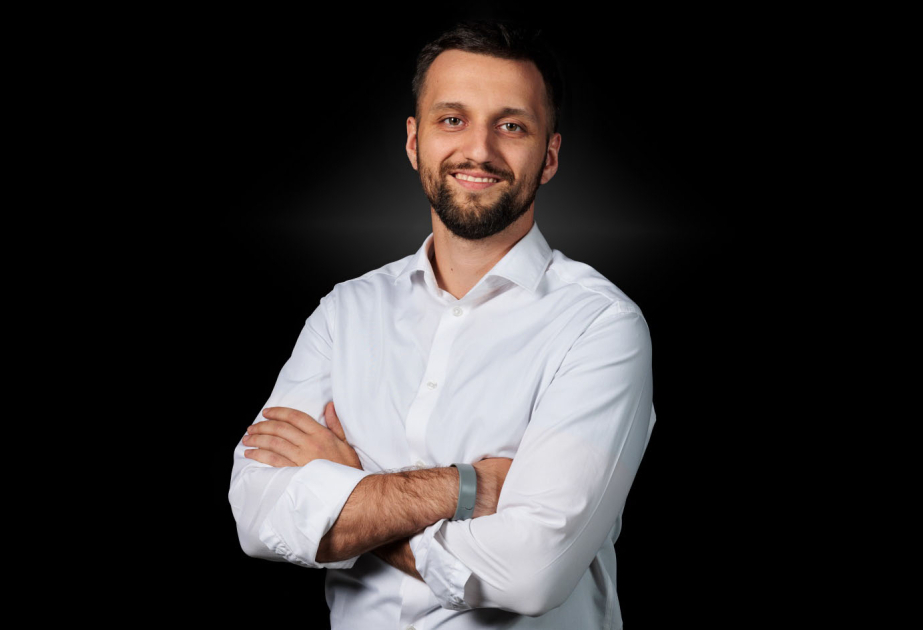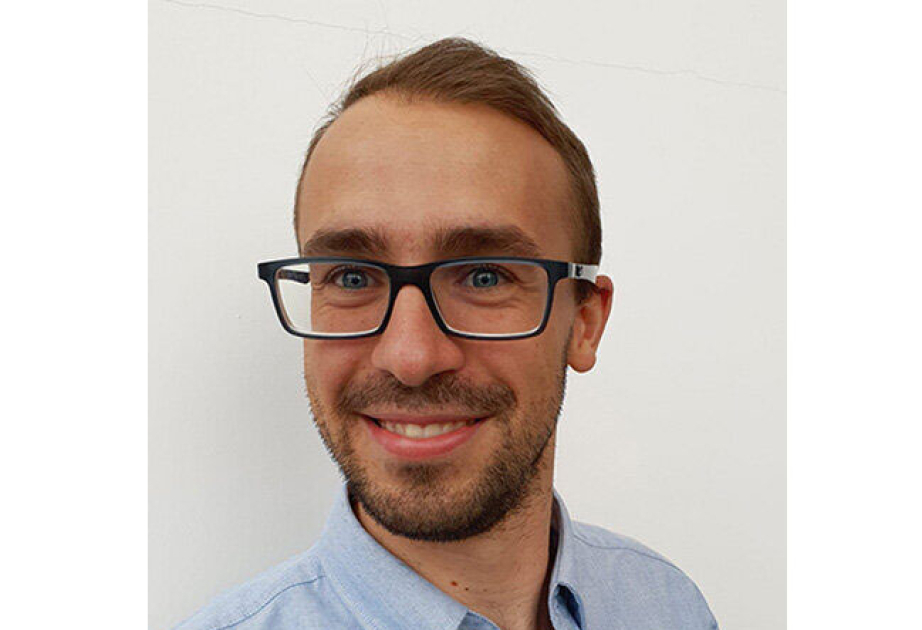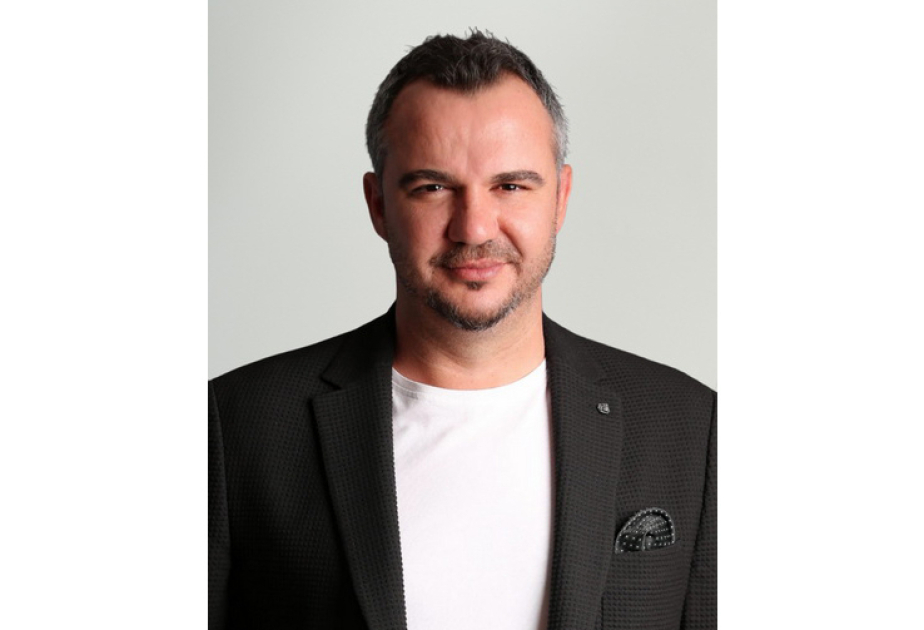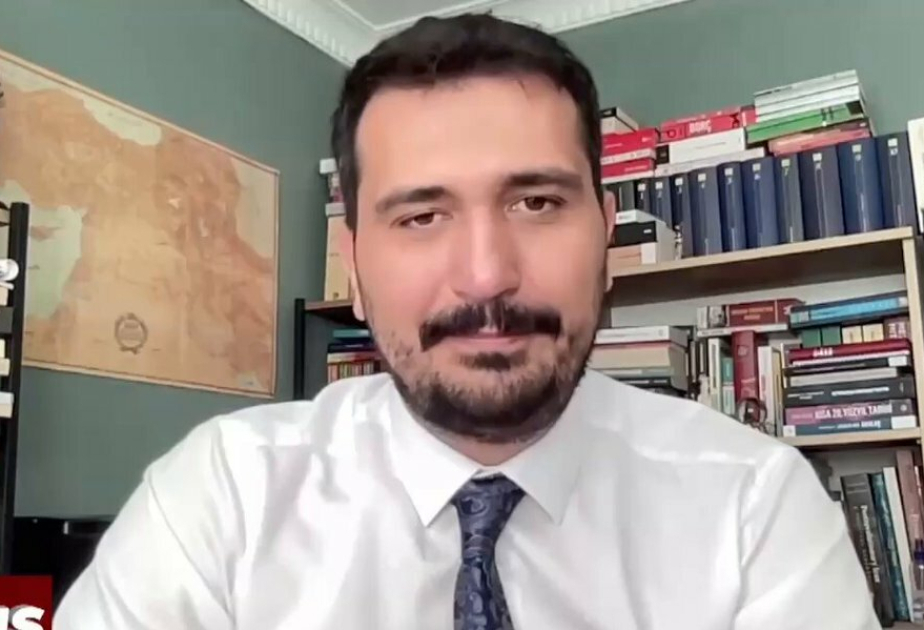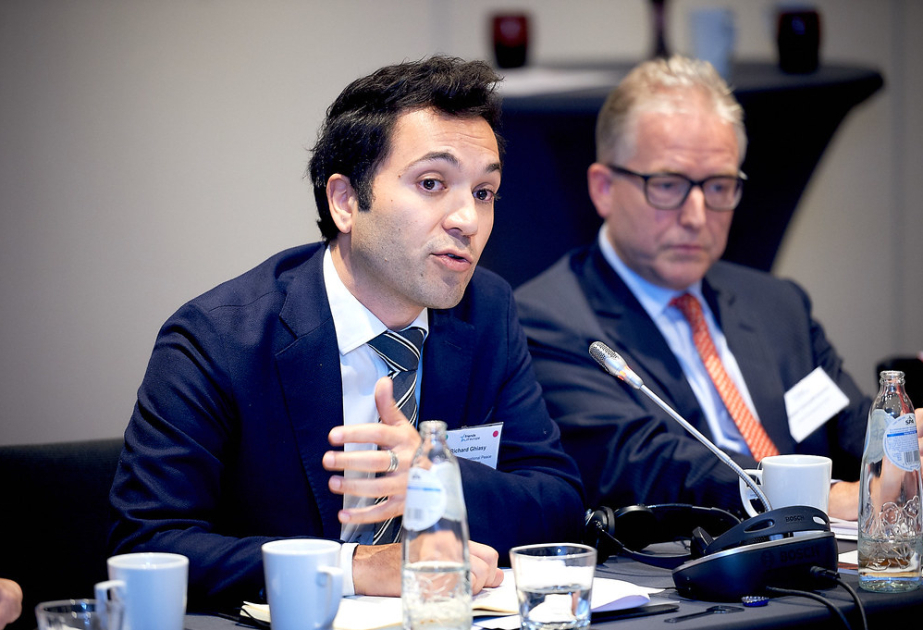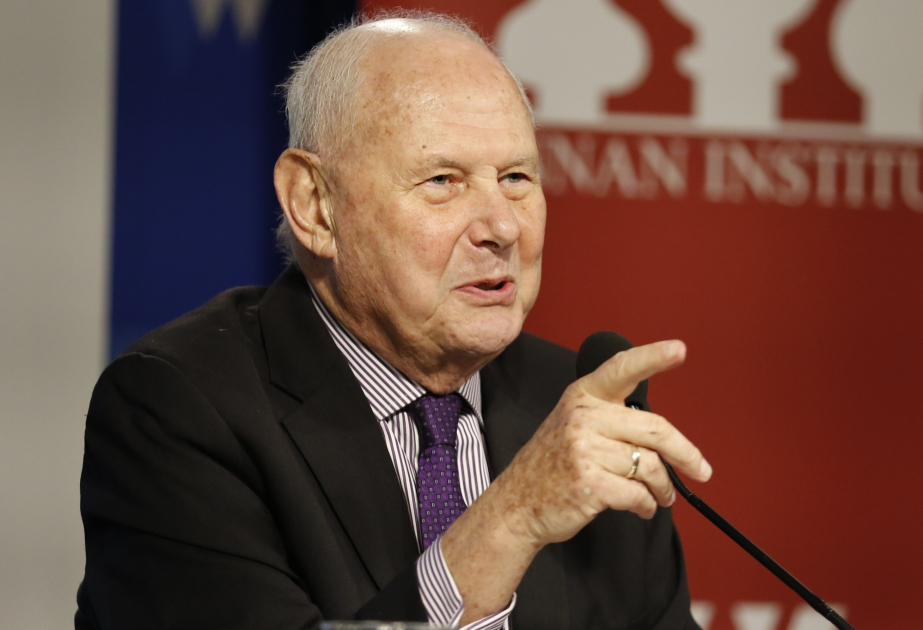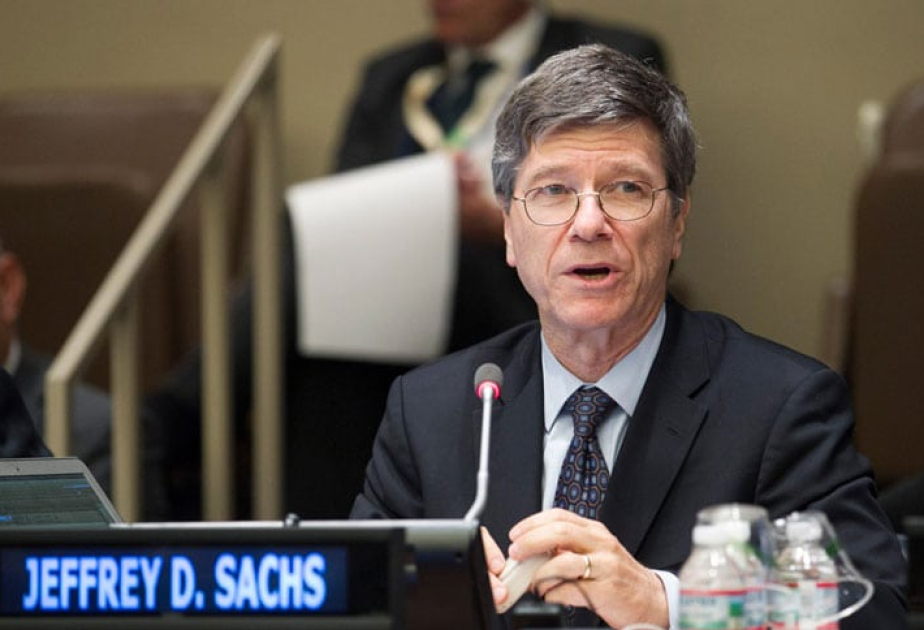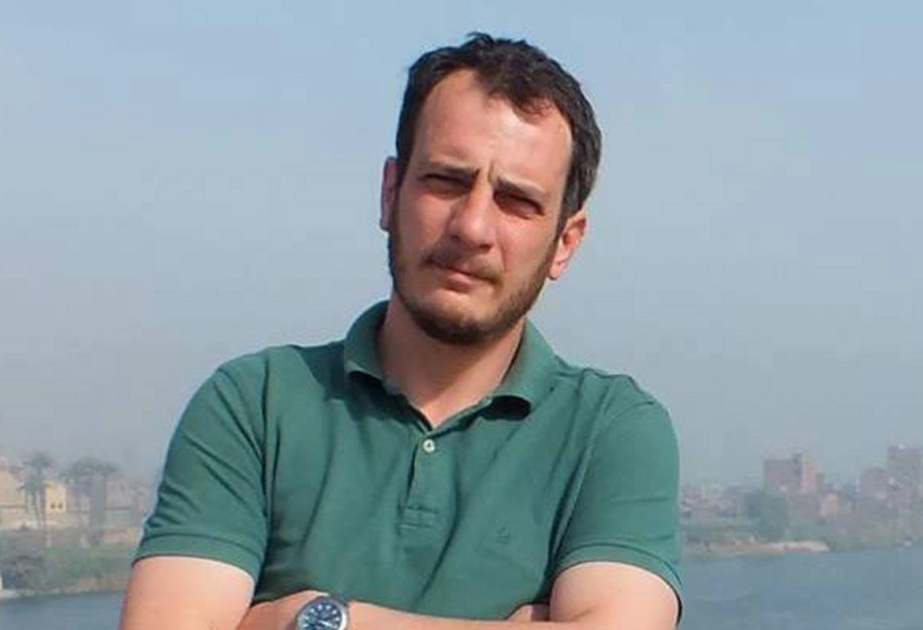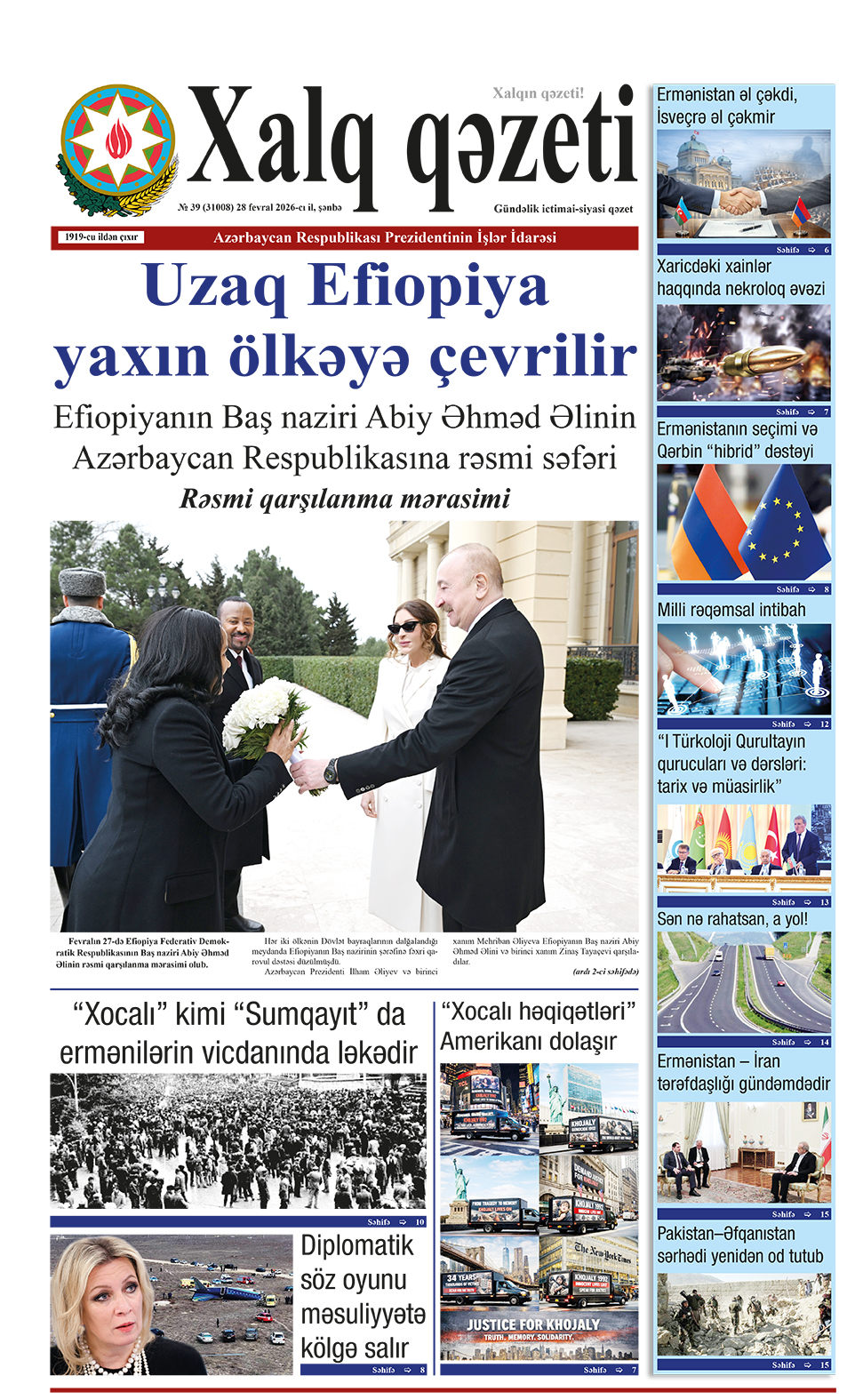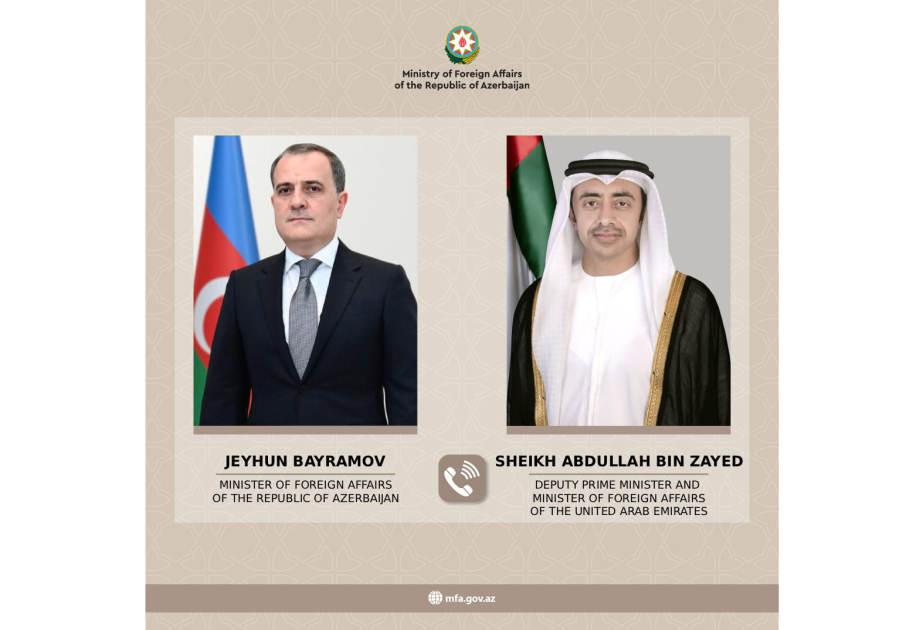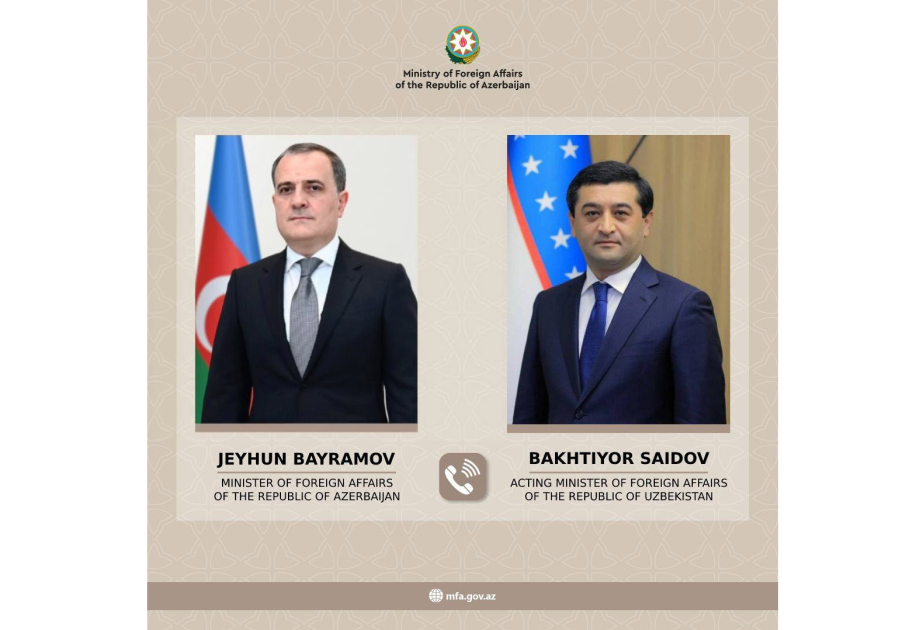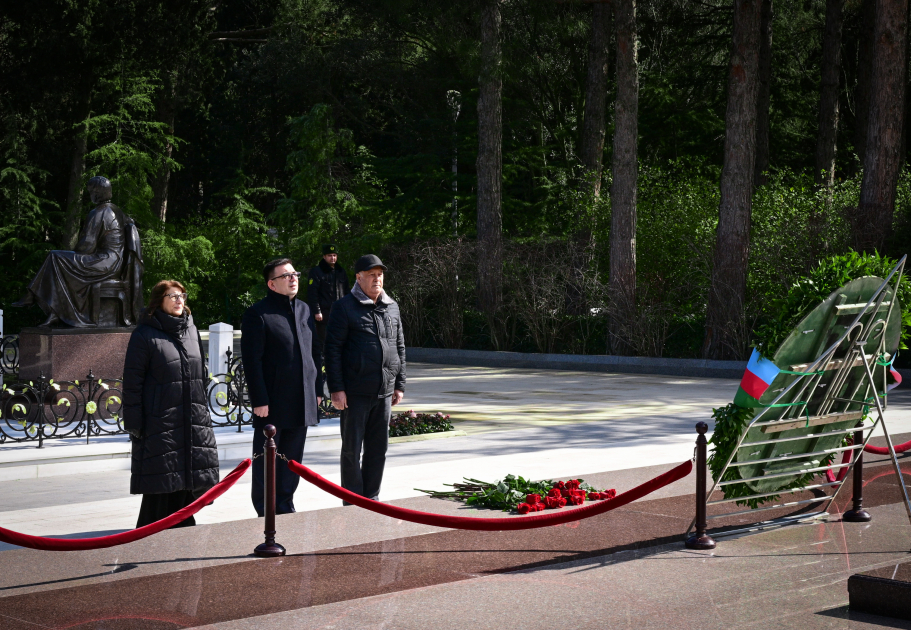The signing of a peace treaty between Baku and Yerevan is the main guarantee of security in the South Caucasus. One of Azerbaijan's key conditions for reaching this agreement is the requirement for Armenia to amend its constitution, which contains territorial claims against Azerbaijan. At the same time, some EU countries, including the Netherlands, are actively seeking to influence the peace process by exerting pressure on Azerbaijan from the sidelines.
In an interview with Report, Azerbaijani Ambassador to the Netherlands Rahman Mustafayev spoke about the biased and provocative approach of the Dutch parliament towards Azerbaijan on this issue. The diplomat also highlighted the efforts of the Azerbaijani side to counter this unfair policy, and commented on current trends in bilateral relations.
Mr. Ambassador, there has recently been active discussion in the political circles of the EU member states of the issue raised by the Azerbaijani side about the need to amend the Armenian constitution and remove wording that violates our country's sovereignty and territorial integrity. We have learned that this issue was also recently raised in the Dutch parliament. Could you please elaborate on what exactly was discussed?
Indeed, in July, a group of deputies from the House of Representatives of the Dutch parliament sent a written request to the Foreign Minister asking to answer 8 questions related to this absolutely justified demand of the Azerbaijani side. Like the authors of the request, we are also looking forward to seeing the Foreign Ministry's responses.
What are the deputies so concerned about?
Since November 2020, the members of the Dutch parliament have been concerned with only one issue - how to create the most favorable external conditions for Armenia to realize its unlawful claims against Azerbaijan.
What questions are raised in this parliamentary request?
To understand the unfriendly atmosphere in which the Dutch parliament's position is formed and then decisions are made at the level of this country's Foreign Ministry, I will quote several questions without significant abbreviations. For example, the first question: “Do you share the opinion of Armenian political expert cited in the article (next is a link to an article in the Armenian press) that Azerbaijan's demand that the Armenian Constitution must be amended is currently a major obstacle to the peace talks between the two countries?” Or: “Do you recognize the impression that Azerbaijan is constantly coming up with new demands in this process...?”, “Are you aware of the concerns that exist in Armenia that Azerbaijan...?” And finally: “Is the government prepared to investigate what measures the Netherlands and its partners can take to increase pressure on Azerbaijan to complete the peace deal with Armenia?”
As you can see, there is nothing about objectiveness and constructiveness in these questions.
So the question arises, why do such biased and provocative approaches emerge in a country with such strong traditions of democracy and parliamentarism?
Western democracy and parliamentary system are not always synonymous with justice and objectivity. This is particularly evident in the case of the Dutch Parliament, which seems to have little interest in promoting a just post-conflict resolution in our region. Instead, this parliament appears to be focused on a twofold task: on the one hand, to contain Azerbaijan, which is pursuing an independent policy and rapidly gaining the weight and the influence regionally and globally, and to create unfavorable external environment around our country, and, on the other hand, as much as parliamentary capacity allows, to strengthen Armenia politically and militarily.
So how do these questions appear?
The mechanism here is simple - the Armenian side approaches Dutch deputies, usually from Christian or far-right parties, and asks them to “condemn” Azerbaijan, to support “long-suffering Christian Armenia” in its confrontation with the “aggressive and well-armed Muslim Azerbaijan”. I would say that most deputies are so “infected” with the virus of Azerbaijanophobia that it is not even necessary to persuade them - they are ready to use any reason and occasion to attack our country. From October 2020 to May 2024, they adopted 26 obviously biased and provocative anti-Azerbaijani motions, and over 200 questions were posed to the government and MFA in a similar vein. No other country enjoys so much “popularity” in the Dutch parliament as Azerbaijan.
What other examples of biased approach by the Dutch parliament towards our country could you provide?
You are absolutely correct in mentioning the parliament, not deputies. We're talking about the position of the parliament as legislative authority, not of individual deputies. As for examples, there are plenty. For instance, in June, the committee on Foreign Affairs of the House of Representatives announced a trip of deputies to the South Caucasus to better understand the regional situation and Russia's relations with the countries of the region. The trip took place in July, but only to Georgia and Armenia. Azerbaijan, a key country that determines the overall vector of regional development, was demonstratively ignored. By the way, when I directly asked one of the members of the Committee of Foreign Affairs what explains this lack of interest in visiting our country and communicating with our deputies and politicians, he calmly replied: “Why do we need visits to Azerbaijan? We get all the necessary information about your country from the newspapers”. As the saying goes, no comments.
Another example: in June, the parliament held a round table on the topic: “Geopolitical challenges along the European perimeter: Armenia and Georgia”. Once again, a demonstrative disregard for Azerbaijan combined with the naive belief that geopolitical processes in our region can be examined without taking into account the position and policy of our country.
Finally, the Committee on Foreign Affairs of the House of Representatives of the Dutch parliament recently supported a request from the French-Armenian Friendship Group in the lower house of the French parliament to create a “joint coordination mechanism on Armenian issues”. Probably, the Dutch deputies don’t have enough information from Armenian sources on Armenian issues, so they urgently needed coordination with the French deputies.
So, in fact, we are already witnessing new level of anti-Azerbaijani activity - the formation of a Franco-Dutch parliamentary coalition against our country.
And what is the position of the official Hague on this issue?
The government in the Netherlands is formed by parties that won the elections and compose the parliamentary majority coalition. Its program is approved by and accountable to the parliament. For this reason, the government and the Foreign Ministry of this country very rarely object to parliament on issues related to our country. Overall, they obediently carry out the requests of the deputies and in vast majority of cases in their responses they rely on Armenian narratives and arguments. At the same time, in some issues the government tries to behave more pragmatically, seeking not to damage the interests of the Netherlands and the Dutch companies, operating in Azerbaijan.
How does the Azerbaijani side react to all this? Have you raised in the parliament the issue of the necessity to change this position?
Recently, the Committee on Foreign and Inter-parliamentary Relations of the Milli Majlis sent a letter to the relevant committee of the Dutch parliament, pointing out numerous facts of unfair, biased approach to Azerbaijan and called this policy outright Azerbaijanophobia. I think this is a very accurate description of the actions of Dutch deputies and the policy of the Dutch parliament. By the way, in this letter it was clearly demonstrated that in their questions and motions Dutch MPs often ignore even the decisions of the International Court of Justice in the Hague, the fact, that clearly indicates to the degree of their “objectivity” and “competence”.
Our Foreign Ministry and our embassy also regularly raise with the Dutch side the issue of the necessity to “change course”, to take an objective approach to the regional situation and our country. And it should be noted that, as a result, there have been some changes to the Hague's policy. The Dutch government allocated a certain amount (compared to multimillion euro financial support for Armenians who left Karabakh) for demining purposes in the liberated territories, the country's Foreign Ministry proposed to intensify political dialogue, and relevant ministries are actively cooperating with us on the preparation for the COP-29 Climate Summit in Baku.
But in general, these minor positive steps do not change the main thing: in our case the fundamental interests of the Dutch parliament and the government basically coincide and are as follows: containing of Muslim Azerbaijan and comprehensive support for Christian Armenia. This is, unfortunately a common EU trend and the Netherlands plays an important role in this process. Needless to say, that we draw necessary conclusions from this and take appropriate decisions.


